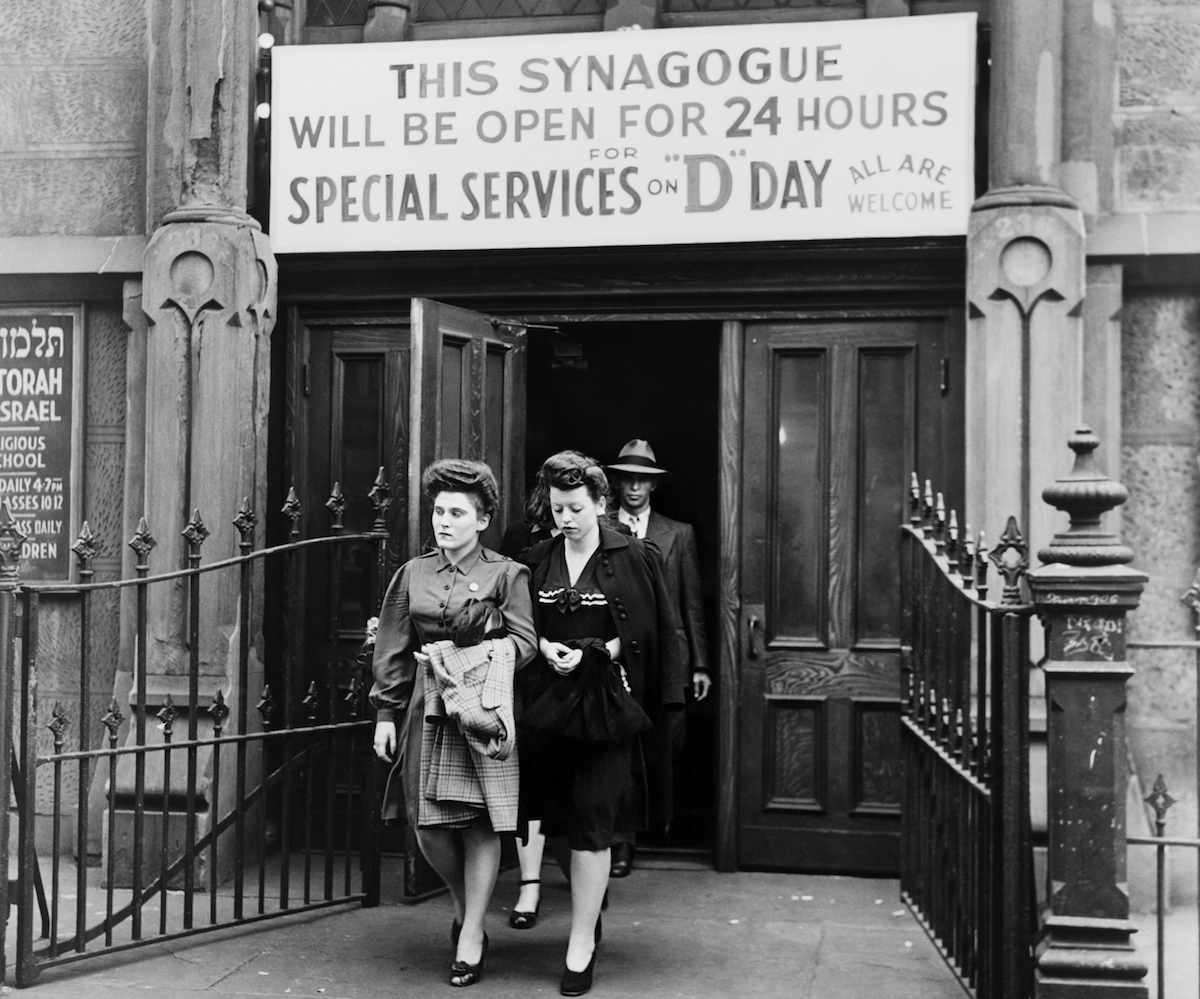Top Stories
Fight the Scourge of Antisemitism—but Take Hope from Pittsburgh’s Righteous Gentiles
Despite sporadic episodes of horrific anti-Semitic hatred such as this, the modern West remains, by historical standards, a safe environment for Jews—something worth acknowledging, even as we join Tree Of Life in a collective act of mourning.

There are some hate criminals whose motives are well-disguised behind reams of obscure or contradictory web ramblings. Robert Bowers, the 46-year-old suspect in Saturday’s Pittsburgh synagogue shooting, would not fit in that category. Before allegedly killing 11 people in and around the Tree of Life, he declared online that “Jews are the children of Satan.” He also claimed the Holocaust was a lie, and that “it’s the filthy EVIL Jews Bringing the Filthy EVIL Muslims into the Country!” Like James Alex Fields Jr., the alleged Charlottesville car-attack killer, and Cesar Sayoc, the hate-addled bodybuilder and status hound who’s been charged with mailing pipe bombs to Democrats this month, Bowers was a confused, pathetic failure looking to blame his problems on others.
But in the age of Trump, it’s hard not to suspect that a seemingly deranged hate criminal is actually channeling something more universal than his own inner demons. In a plaintive Washington Post column entitled What Is Happening To Our Country?, Max Boot argues that while “extremism has been present in America for a long time…Trump is applying a match to the kindling.”
“When Trump talks about ‘globalists,’ the far right hears ‘Jews,’” Boot argues. “There is so much anti-Semitic filth online now. I see it every day on Twitter and in my email inbox. Normally I tune it out. Just background noise. But others are listening.”





